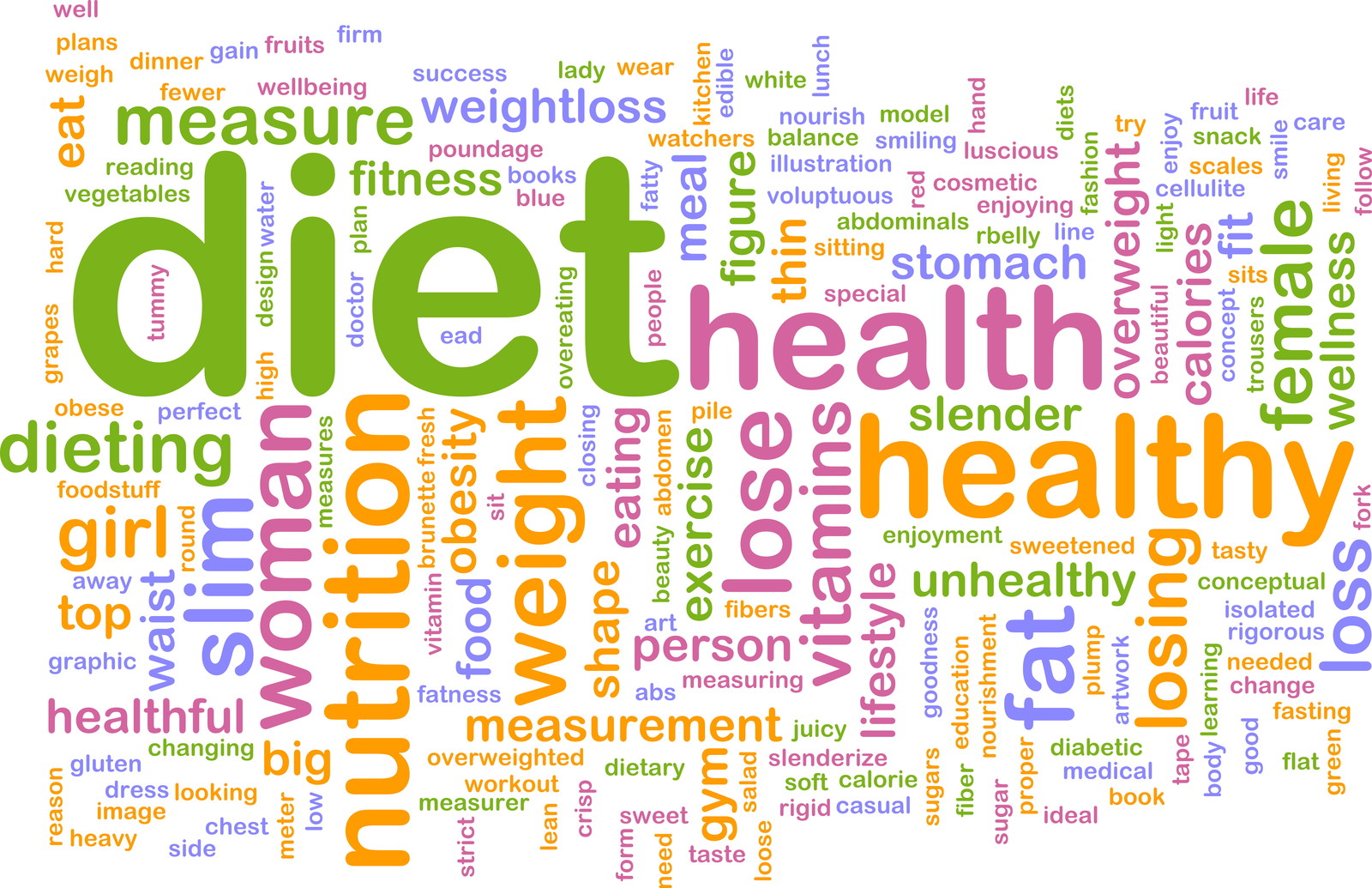[ad_1]
Gestational diabetes occurs when a woman's hormones alter the way your body breaks down sugars. It is brought upon when a woman's blood glucose level spikes. Increased levels of hormones made for the baby in the placenta is what causes the breakage point where the body no longer has the ability to have insulin manage glucose. The technical term for this is insulin resistance. As the baby grows and develops in the woman's womb, the placenta produces more and more hormones which ultimately increases the resistance of insulin. A pregnant woman's pancreas typically produces up to 3 to 4 times the amount of normal insulin to overcome the resistance. If a woman's pancreas can not produce this high amount of insulin, than glucose levels rise as a result, and this is exactly what gestational diabetes is. Following a standard gestational diabetes diet can greatly help these pregnancies and the health of the baby.
If you do not get high glucose levels treated immediately while you are pregnant, it may cause health problems for not just you, but your baby as well. Your baby will not automatically inherent diabetes if this happens, however, your baby may not be able to control its own insulin production, which may cause it to produce too much insulin, and this, in turn, can cause the baby to gain weight too which quickly will spark a premature delivery.
After birth, women usually settle back into their regular blood levels. However, if this occurred to you during your pregnancy, then you have a much higher risk of developing a type 2 diabetes later in life. Carbs tends to have the highest impact on your blood glucose levels since it is what is broken down into glucose during digestion. If you find that carbs are something very difficult to give up, try eating the same amount of carbs as proteins and fats. This way, your body will be provided a variety of nutrients and glucose levels to work with, so that it does not spike your glucose level.
The best way to control you glucose levels is by constantly feeding your body fuel through an effective gestational diabetes diet. It is recommended to eat three smaller meals, and two snack, every single day. You should do this at the same times every day and do your best to not skip either a meal or a snack. If you skip meals or snacks, it could alter the way your body breaks down the next thing that you put into your body. At breakfast, however, it is recommended that carb intake is low, as this is when insulin resistance tend to be at its highest. When indulging in your meals and snacks, it is important to include some carbohydrates; do not avoid them altogether. These portions should be similar throughout the day. When you do eat cabs, make sure you are choosing the right carbs. Foods that are high in fiber are your best options and they include whole-grain bread, cereals, pasta, rice, fruits & vegetables. Be a conscious effort to limit your sugar and fat intake and increase your water intake. All of these tips will help you to control your glucose levels.
[ad_2]
Source by Haizul Azri Ab Rahim
